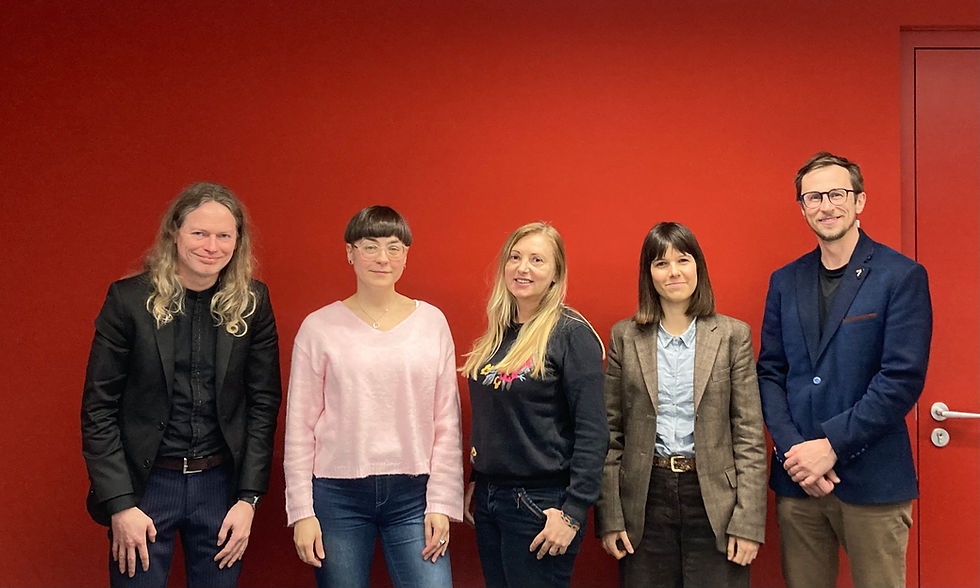Conference: Institutions, Governance and Regional Development: Rethinking Local Economic Development
- petrvasat
- Sep 23, 2019
- 1 min read
Updated: Nov 7, 2021
I am going to participate in the Regional Studies Association conference in Bogotá. It is organised by the Latin America Division and held by Universidad de los Andes.
Abstract
Based on a long-term ethnographic research, the goal of the paper is to rethink homeless people beyond the mere passive actors and obstacles of urban governance. Homeless people are traditionally depicted as passive victims of broader urban and political processes, especially of different versions and tools of punitive urbanism spreading the world last three decades. However, they can be active actors too - actors contributing to urban change. In my paper I will show how a small group of homeless people informally occupying a residual space alongside Vltava river in Prague, the capital of Czechia, has become initiator of urban change and important part of a way the area around the Vltavska metro station has been governed. The area represents a classical example of socialist urbanism. Involving a network of concrete fences and underpasses which separate people and traffic, such places became, in terms of safety, maintenance or development, a nightmare of urban governance in post-socialist cities. However, the “Vltavska” can tell us a different story. Putting the emphasis on studying the materiality in its material-discursive enactment as proposed by philosopher Karen Barad enables me to see an informal settlement in “under-the-bridge” space as the innovative making that is (1) coming from the most marginal environment and (2) connecting the socialist materiality with homeless people‘s techniques of building. As such, it triggers a chain of political, social and cultural changes in the place that seems from the perspective of politicians and urban authorities unchangeable.





Comments